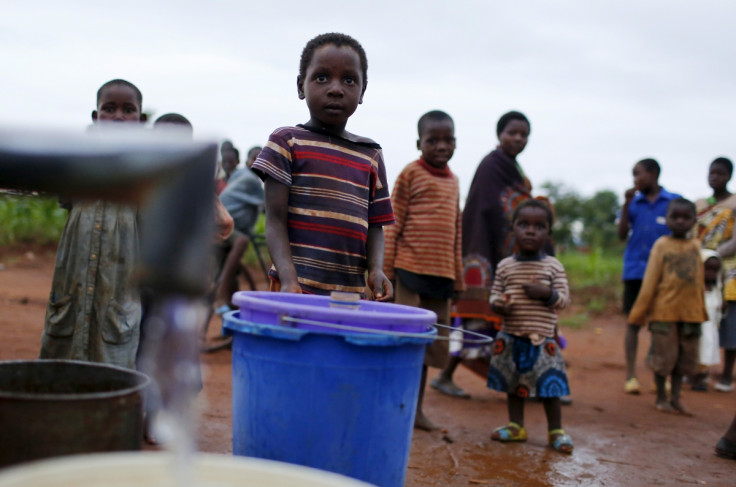Pilot project aims to use drones to save HIV babies in Malawi

Drones may turn out to be as life-saving in African communities as they can end lives in wars elsewhere. UNICEFF officials have launched an innovative pilot project mobilising the flying craft to help infants with HIV in Malawi.
The operation is using a small air force of mini white drones to shuttle back and forth between rural health clinics and city hospitals. Babies born to HIV-positive mothers have to undergo specialised tests that only eight labs in Malawi are capable of analysing.
Getting samples to the right place and receiving the results back can take up to 10 weeks. This results in critical time lost especially when the sooner a baby is treated the better his or her chances of survival.
Officials are hoping the time lag could be cut to mere days with the help of drones. "What we're hoping is that when you get leapfrog technology like this it can catalyse the whole system," Angela Travis, chief of communication for UNICEF in Malawi, told Quartz.
In one recent trial a drone successfully completed a 6-mile (10km) route, carrying simulated HIV tests to Kamuzu Central Hospital in Lilongwe in 20 minutes. A slot in the center of the drone carries the dried blood samples, which are not infectious.
Malawi has one of the highest rates of HIV in the world, and many of those infected are children. Only half of the 130,000 young people living with HIV were treated in 2014. That year, 10,000 children died from HIV-related diseases.
Officials had to leap complex regulatory hurdles for the pilot programme to get off the ground. They also needed to reassure people concerned about drones crashes or their possible links to witchcraft.
"We took the drone out, let them see it, feel it, let them see it fly. We try to demystify it, " Travis told Quartz. "They are still amazed, but I think now the fear factor is gone."
© Copyright IBTimes 2025. All rights reserved.






















